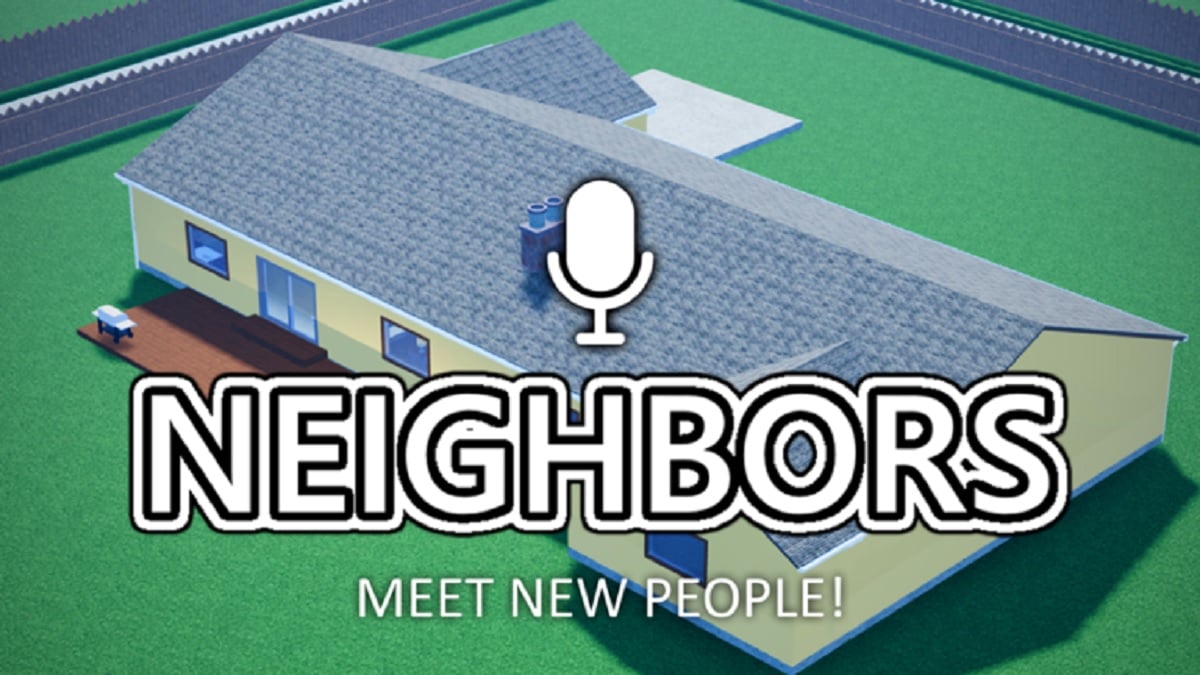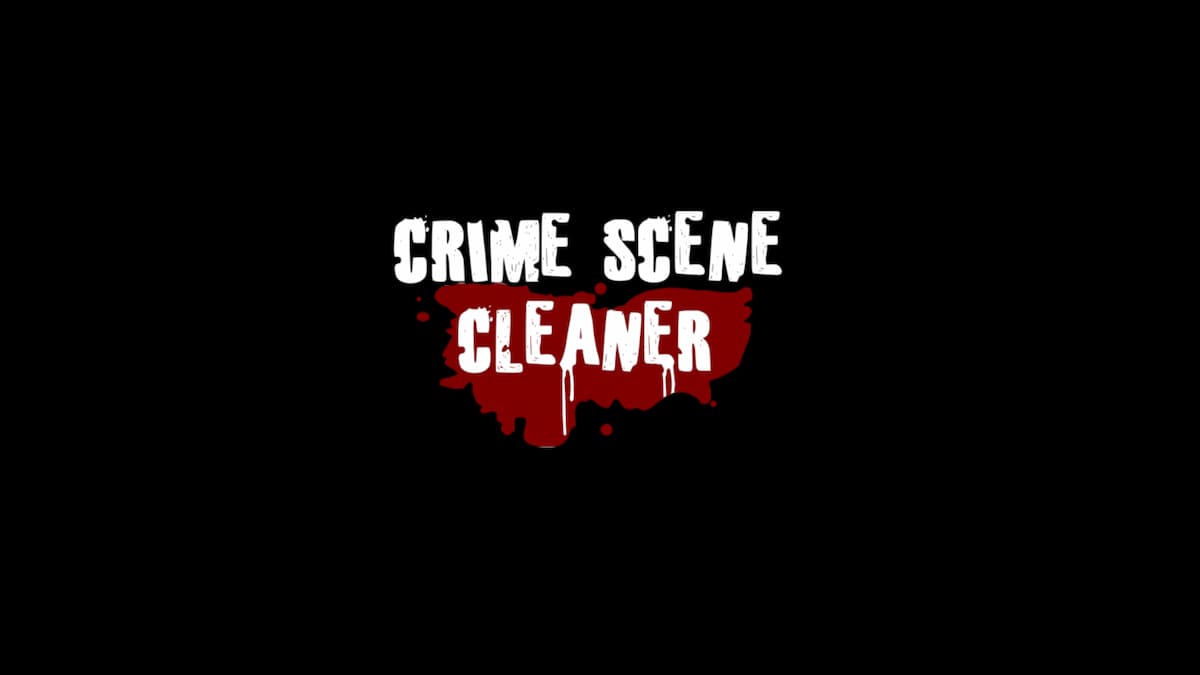Every three-or-so Fridays myself and some friends will go about a ritual; we will rent a game and play through it in its entirety in one night. It’s a sort of private Let’s Play, and as I quantify it, an experiment. An experiment that studies both how college-bound American high-school students got so good at wasting their time before getting shuffled off childhood’s coil, and in seeing how crafted, dedicated single player experiences hold up when experienced in a group audience. We alternate each time; a game at least one of us has played and enjoyed (for any reason, good or ill), then a game none of us have played.
There have been disasters and triumphs, and it’s always been one I’ve always wanted to write about because I absolutely recommend it to everyone; it’s an exercise that reveals very specific things about game design and how game narrative affects different people in different ways. I would be writing about that, but then something very bad happened. A harbinger came forth from the dark, and cast a fog over my mind that I cannot shake.

Two Fridays ago, we rode into the rental place with a target; Ride to Hell: Retribution, a game rumored to be so fucking awful that we simply had to play it. We rented it, for two nights, and drove back giddier than a hobbit stuffing his face with cheese.
The game was so bad we all went home.
We couldn’t do it. It broke us in three hours. Three seasoned gamers were shattered in the mind and heart by an experience so bogglingly awful that we simply could not tread no further, and made that basement we gamed in feel sick, as if every wall had been painted in the artistic equivalent of anthrax. We scattered, like the ashes of roaches who had taken their reputation for integrity in the face of the nuclear too seriously and discovered they could not survive if they stood directly under the bomb.

Except for one particular bundle of ashes. This bundle, through sheer force of will, bound himself back together and marched back to the bombing grounds, and stood under the tower, idiotically daring the bomb to drop again, determined to prove he could survive.
I was that idiotic roach. The bomb was Ride to Hell. And I survived it. The following day, a Saturday imbued with clear skies and a bright sun, I played through Ride to Hell: Retribution in its entirety. No breaks, no stopping for reprieve, just an 11 hour descent through actual Hell. And yet, despite the fog of the harbinger, I cannot say I do not recommend it.

Make no mistake, it is not because there is anything of quality to Ride to Hell. There isn’t. It is a fetid, wretched stain that reeks of entrails and whatever creature that exists on protagonist Jake Conway’s head as a substitute for hair. Nothing inside Ride to Hell actually functions the way it is supposed to function. Competence is not a word Ride to Hell has ever had pass through one of its five senses. It is an atrocious, bumbling fuck-all disaster that brings every single problem that you may have thought video games had “figured out” and overcome roaring back to life like the terrible ghost of gaming’s past. Its gunplay is atrocious, more staggered and sluggish and drunk than a slug on acid, and its hand-to-hand combat is the most soulless rip-job of the Arkham series possible. The driving feels like an ice rink that is addicted to Bullet Time. Character animations are practically nonexistent. Graphical errors and the kind of bugs that I simply thought could not be possible in a wide-released game in the modern era are not only there but are commonplace.

And dragged along with all of the technical/gameplay demons Ride to Hell brings back to life is all of the narrative baggage of games from before we seemed to start figuring it out around 2007. Not a single character in Ride to Hell exists beyond the brief description the writer once read of a character type on TVTropes. Their actions are only their actions because the developers once saw them in a movie they were half watching and replicated them. It attempts two major twists to the plot, one that is simply ridiculous because its outright revealed five hours earlier and the other serving no actual purpose to the plot other than extending its flaccid finale. And none of this touches upon its troubling depiction of post-Vietnam America and women, which recalls fucking Custer’s Revenge in its awfulness. Ride to Hell is so antiquated, ignorant, and blatantly childish that the only possible explanation I can muster is parody or satire, but it can’t be; Ride to Hell is too completely maladroit to be satire.
And yet, I want all of you to play it. Why? Because is it a shining example of the power of video games as an art form.

All forms of art tap into something basic, rooted far into the heart of us as human beings. Inside art, we can see the essence of human power; the ability to affect, to change each other, to make us see things from perspectives we never even dreamed of. And all forms of art affect us in different ways; a painting is pure visual stimulus, engaging the mind to invent a personal narrative around the colors on the canvas. The written word is the opposite, comprised entirely of narrative and forcing your mind to construct images, places, worlds for the story to take place in. Music, purely aural; you invent images and the story, completely dependent on your interpretation of the sound. The film combines them all; it displays both the worlds and the words, allowing the brain to purely absorb the experience.
But the video game has an advantage that grants the game more potential power than any other medium of art; interactivity. It combines all forms of art and then makes its player, a key change of descriptor from a film’s “viewer” or written word’s “reader”, an active participant of the story, of such arresting and entertaining events. The game, through this unique capability, has the capacity to build bridges to the heart that are deeper and stronger than all other art, and when this power is properly taken advantage of? Well, we’ve played the games; Bioshock, Earthbound, Final Fantasy VI, The Legend of Zelda: Majora’s Mask, Mass Effect. Their power can truly be transcendent.

Unless, of course, it’s done badly. Video games sit under the Sword of Damocles; if they can create the most powerful connections of art when done well, then when they go wrong, the experience can be heart wrenching. A bad video game can be a truly wretched, terrible experience. And with a game like Ride to Hell, a game I have no qualms crowning the worst game I have ever played, the experience can wreck you. The harbinger can ride in over the darkened skies, his pale horse killing the grass where it walks and its eyes an opening to a dark place, where all good things seem to burn on a pyre in the dark, and can completely take some key thing out of you. It can make you despair, truly removing some love of the game from your heart.
Until you play a good game. When you do, the purpose of Ride to Hell becomes clear; only something this bad can make you see all of the good of the games on this Earth.

Only a game as shockingly, stirringly, irrefutably awful as Ride to Hell can make you see and appreciate all the world more all of the little things the best of video games get right. Play Ride to Hell, and when you back and play Sleeping Dogs you will marvel at the satisfaction each swing of Wei’s fists bring, and how fluid and balanced its combat system is. Play Ride to Hell, and every bullet fired by Nathan Drake over the course of Uncharted 2: Among Theives will feel a thousand times more empowering, and you’ll understand all the little things Naughty Dog had to get right for each of those encounters to be as roaringly fun as they are. Play Ride to Hell, and every nuance of Grand Theft Auto V’s driving controls will feel like the second coming of a higher power. Play Ride to Hell, and the sprawling, powerful narratives of Bioshock: Infinite, Gone Home, and The Last of Us will spring forth more affecting than they ever did before, and things like great voice acting and good writing become a thousand times more impressive. And yet, you will also see all of the little things that every game gets wrong, little affects and alcoves of design that fail, and you’ll recognize them. You will get a little closer to knowing how they can be fixed.

You have to experience the awful to see the great for how great it is. You can only learn from mistakes made to make success. Ride to Hell: Retribution is an encapsulation of all bad things video games have put to rest, and of things we still struggle over. For all the horrible irony this is, Ride to Hell: Retribution is perhaps the greatest affirmation of games as art of all time, and that’s why I encourage you all to do this awful thing, this ride to Hell and back. It will make you recognize all the things the next game you play gets wrong, understand how they can be better, and it will make you understand the power the best video games truly have. And we should thank Ride to Hell for that.
And then run away, because prolonged exposure will probably kill you.












Updated: Jul 11, 2016 04:07 am